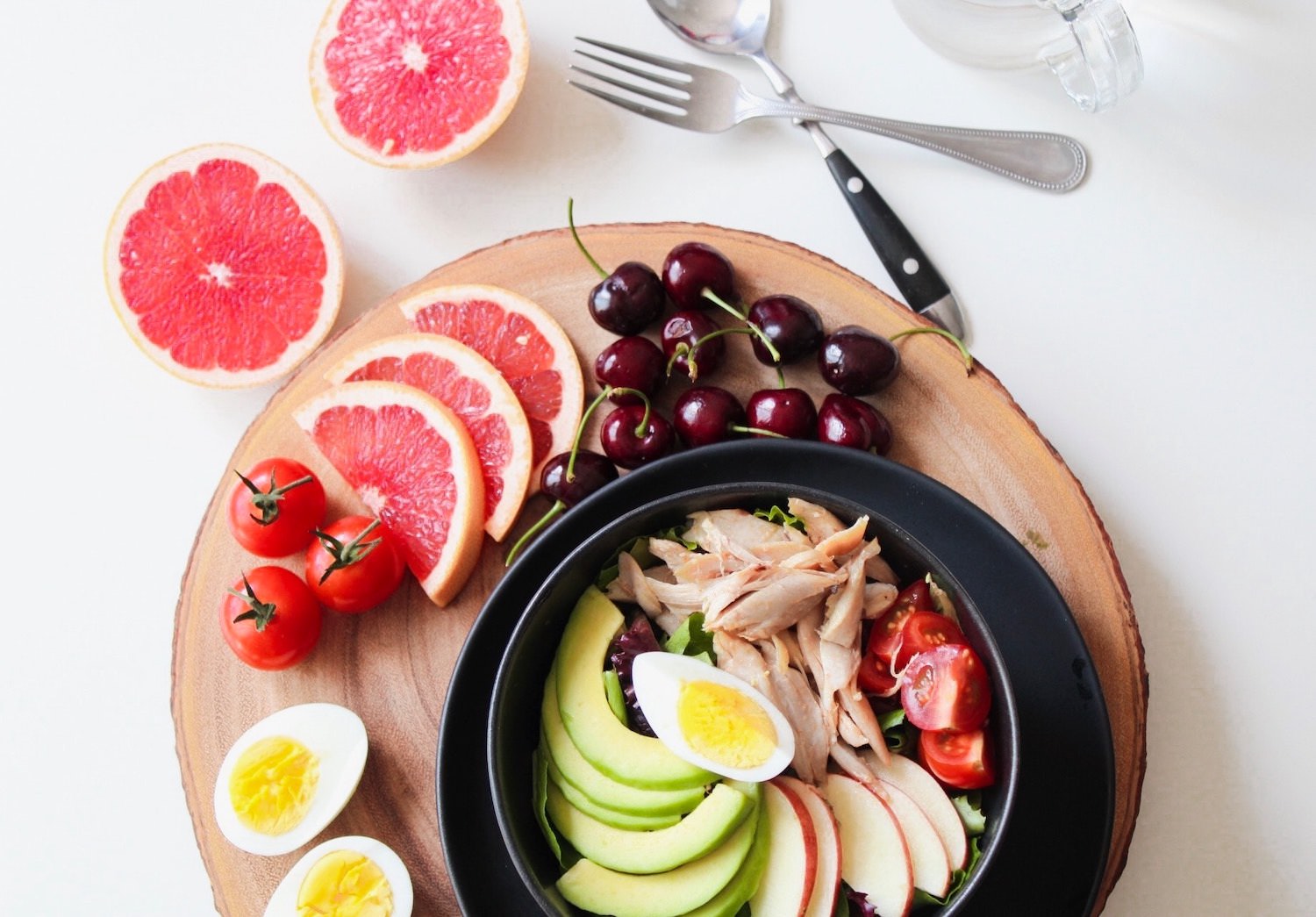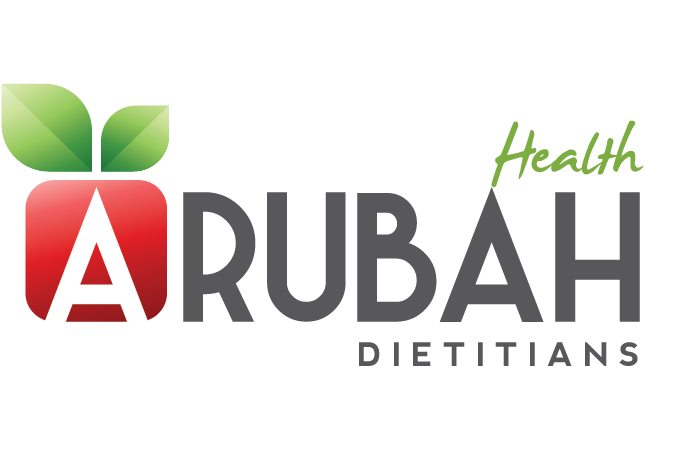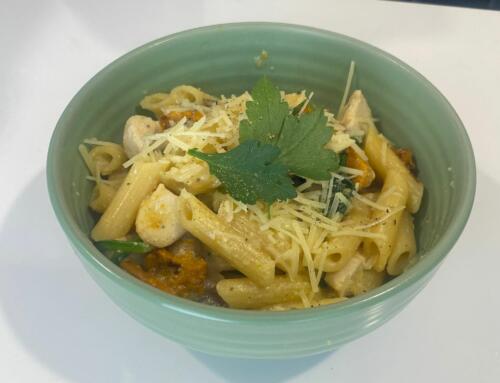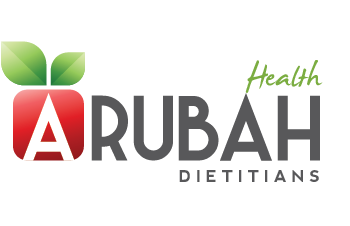May 19, 2021
5 Ways to Improve Your Gut Health
Gut health has become really popular in the last couple of years most likely due to the amount of research coming out about good and bad gut bacteria and how it can affect so many parts of our health and even our mood. There is truth in the fact our gut and the health of our gut can influence our overall health. But what are the best ways to improve our gut health that are actually legit (cos we all know there are a lot of crazies out there with whacked nutrition info).

Here is your quick guide with 5 things you can do to improve your gut health.
Eat your fruit and veggies
You’ve heard this message time and time again but now is the time (if you haven’t already) to put it in to practice. Vegetables and fruit have tonnes of fibre in them that make the good bacteria in our gut very happy. There is really no point focussing on improving your gut health without starting off with increasing vegetable and fruit intake to AT LEAST the recommended serving sizes of 2 serves of fruit and 5 serves of veg daily. So I’ll say it again, eat your fruit and veggies!
Eat wholegrains nuts and seeds
Carbs always get a bad wrap (pun intended) but we actually want to be making sure we are getting a decent amount of grain and nut foods in our diet (over 50%!). Similarly with the fruit and veggies, our wholegrain foods provide us with fibre that our good bacteria just can’t get enough of. The less processed the grains, the more fibre they will have it in and the better it is for our gut but if you can’t stand wholemeal or multigrain bread, just opt for the higher fibre stuff. Fibre is the key!
Probiotics and Prebiotics
A lot of people don’t know the difference between these two or know which foods they are found in. Here is some info to clear some of these things up for you. Probiotics are the good bacteria that you want in your gut. By eating foods high in probiotics, you are literally putting the good bacteria into your gut. Foods that naturally contain these products are fermented foods such as yoghurt (dairy and non-dairy), aged cheese, kimchi, sauerkraut, miso, tempeh, kefir, kombucha (the no sugar added versions). Although, just because it says it’s fermented doesn’t mean it always has probiotics. Some foods that are fermented but have been processed to the point they no longer contain probiotics include beer, wine, sourdough, soya and chocolate.
Prebiotics are the food for the good bacteria. We want to eat the good bacteria in our probiotics but we also want to feed them with prebiotics. Some of the foods that are good sources of prebiotic fibre include garlic, onion, oats, bananas, apples, wheat bran, konjac and leeks.
It isn’t necessary or required to eat tonnes of prebiotics or probiotics foods but getting a few sources in a day can be enough to give your gut a helping hand. Therefore, taking supplements isn’t required, unless recommended by a health professional for your specific circumstances.
Reduce intake of processed foods and alcohol
Having highly processed, sugary foods and alcohol promote the growth of the “bad bacteria” in our gut. Even though it’s important to have balance and enjoy these foods in moderation, eating too much can promote poor gut health. Alcohol also tends to be a gut irritating so trying to cease alcohol intake or reducing it to the Australian Guidelines of no more than 2 standard drinks on any given day and 2 alcohol free days a week is ideal for gut health.
Sleep
Sleep plays such a huge role when it comes to our health, including our digestive health. Inadequate sleep can make you eat and crave more, especially those sugary processed foods that aren’t helpful for our gut but it also contributes to a reduction in physical activity due to tiredness. This is important because exercise can also help with blood flow and muscle stimulation in the gut ensuring everything moves through easily. Making sure you get enough sleep, which is about 7-8 hours a night, will help you and your gut, function at its best.
Subscribe to the newsletter
Stay up to date with our latest health tips and upcoming workshops.









